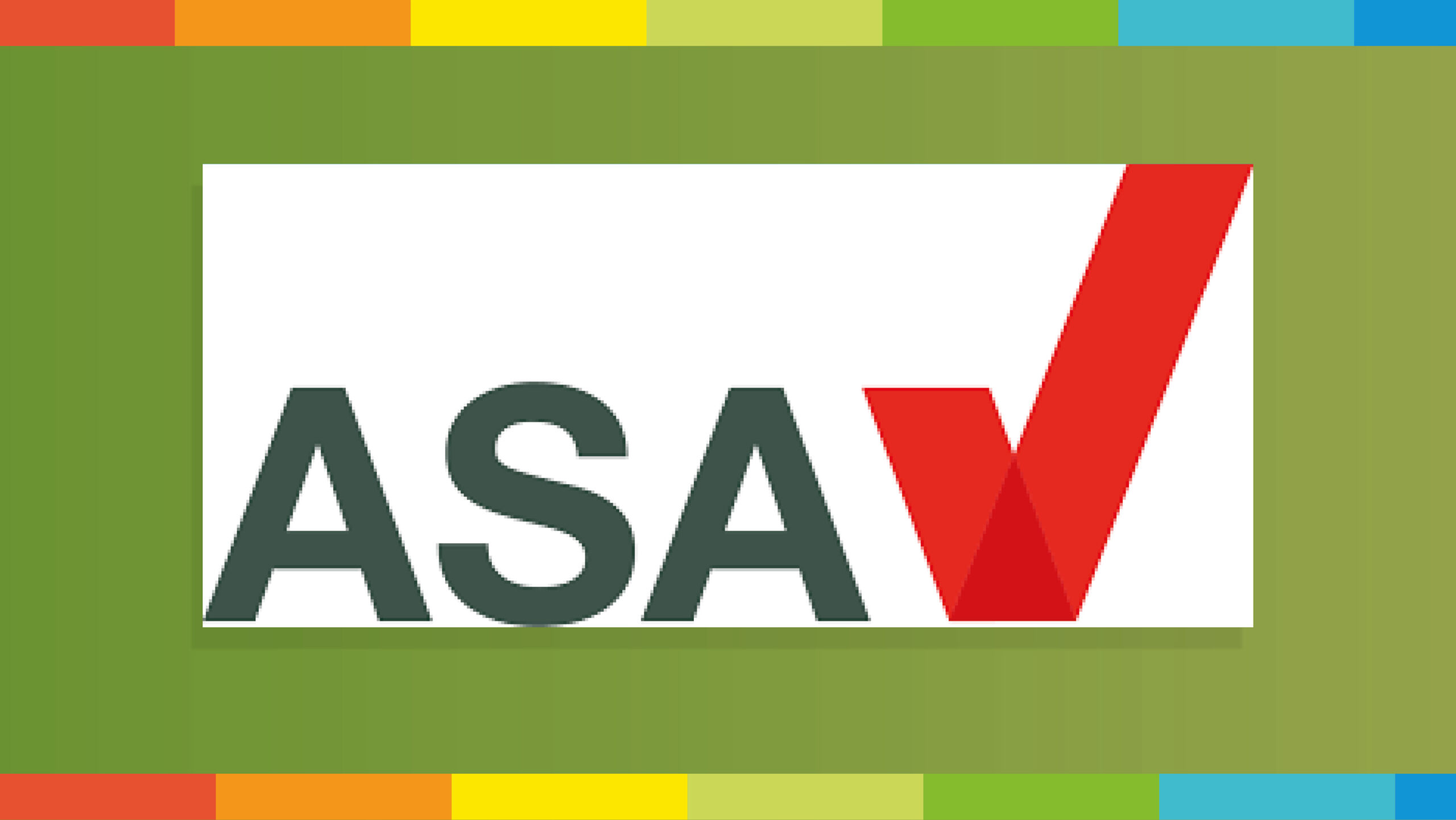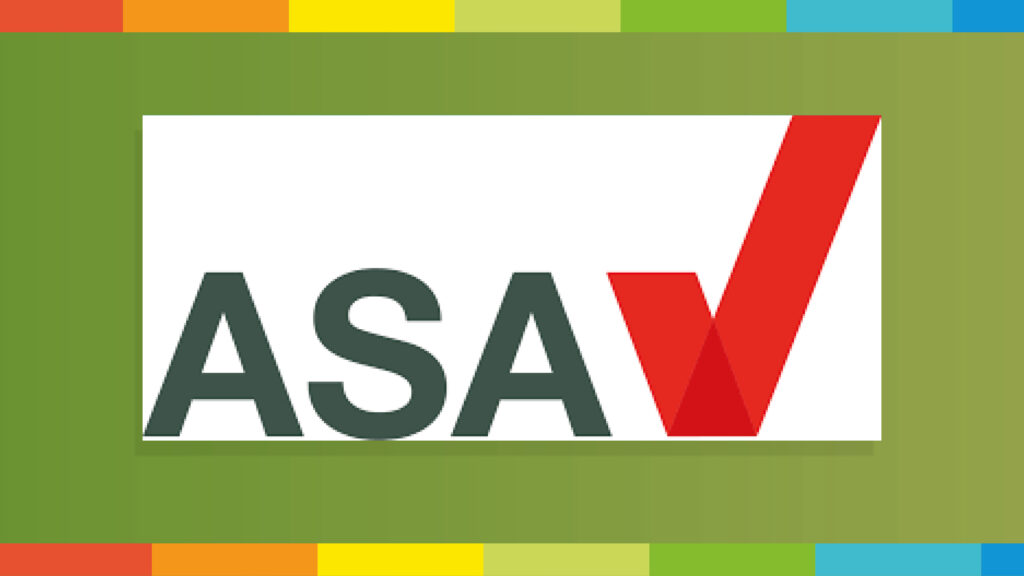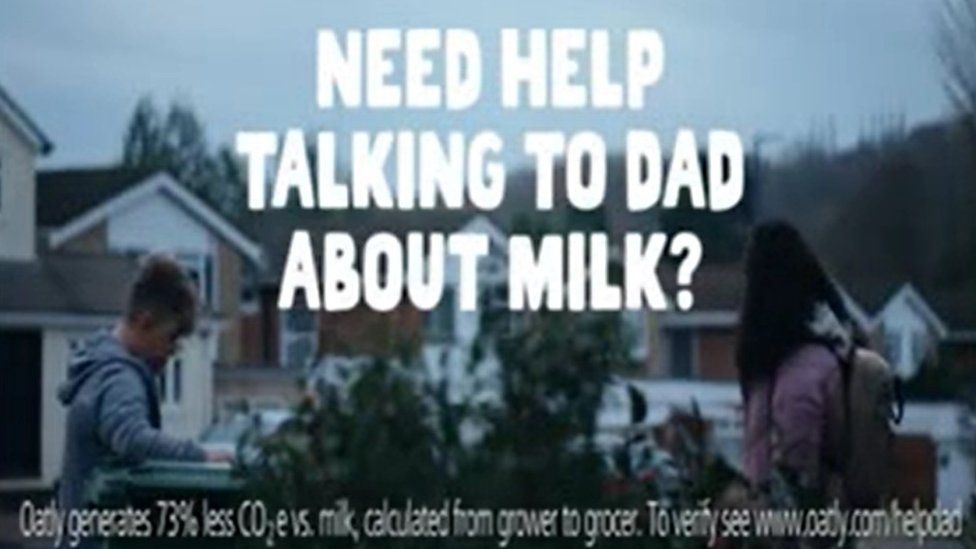

Oatly adverts ‘mocking’ children of alcoholics removed from TV
The BBC reports that Oatly’s ‘Help Dad’ adverts have been ‘banned over ‘misleading’ environmental claims’. This comes over a year after Nacoa raised concerns over their adverts appearing to mock children of alcohol-dependent parents.
In recent developments, the Advertising Standards Authority (ASA) upheld a complaint made against the adverts over their inaccurate claims about the carbon footprint of oat milk.
Nacoa UK lodged a complaint to the ASA in March 2021 because the adverts appeared to mock children and young people affected by parental addiction. Each of four adverts isolates a common theme of alcoholism, and creates a short satirical vignette where alcohol is substituted for cow’s milk.
We were inundated with people flagging the adverts when they launched. They attracted many upset and hurt comments from people feeling ‘mocked’.
‘Help Dad’
‘Been living with my dad since lockdown and this is literally my life everyday… but its not milk 😥’
‘There’s a particular ad where the child opens the fridge and is disappointed to see milk. For me, when I was a child, it was alcohol, again. These adverts are harmful and triggering to children and adults who’s parents drink too much.’
‘There is something about it which seems like they are comparing milk drinking with addiction. The bit about “need help talking to dad about milk” and “help dad” kind of makes me think that he is being compared with someone with a drink problem.’
‘This advert is insensitive and triggering to those dealing with alcohol abuse in their home.’
‘This is just not ok. Parodying alcoholism is not OK. I struggle with alcoholism and my heart dropped watching this ad. Many people grow up with alcoholic parents. This is in such bad taste.’
The Advertising Standards Authority
It does not appear that any thought was given to this insensitivity when the ASA removed the adverts from general circulation (though they do remain on YouTube).
In original responses to complaints about the alcohol connection, the ASA noted they ‘might have particular resonance for those in such a difficult situation’. But they assumed that these children and young people would ‘quickly’ understand that the ads were a joke about milk and not take further offence. The ASA did not uphold our complaint, keeping the adverts in circulation for a further year.
When Nacoa pressed the ASA for what professional advice they sought to come to this conclusion, no reply was forthcoming.

The correct outcome. But too late.
Head of communications for Nacoa UK, Piers Henriques, said of the removal:
‘Nacoa is not a campaigning charity on issues of taste and identity. The non-judgemental attitude of Nacoa is why so many children of alcoholics trust us with their stories.
‘However, I am delighted to see these adverts removed from television. The result is too late and in spite of flawed attitudes towards these vulnerable children from the ASA.
‘The pseudo-charity campaign tagline ‘Help dad’ was particularly concerning. The Nacoa helpline is contacted every day by people who desperately feel the imperative to ‘Help dad’ to make everything okay.
‘Much of our work is about countering Oatly’s mock ‘charity’ tagline. It is never the responsibility of children to alter their parent’s negative drinking patterns. Whether that is about alcohol or indeed milk.
‘Imagine being a young person sitting at home in 2021, stuck in lockdown with a parent who drinks too much. Now imagine that an Oatly advert pops up on TV appearing to make fun of you. How would that make you feel? It’s just not okay.’
Working constructively
This is not an isolated incident. Tropicana’s ‘Take a Mimosa’ campaign also made light of the secretive behaviour of addicted parents.
Nacoa reached out to Oatly in 2021. As result, a meeting was held with volunteers with personal experiences of addiction. During this, Oatly denied any knowledge of the comparisons they seemed to be drawing. Thankfully, they agreed though hat new ‘sense checks’ would be put in place in future creative efforts.
It was disappointing, however, to not see any public statements towards that fact. Nor any shifts in general circulation.
We hope in future to work with the ASA to establish more informed attitudes towards children with addicted parents.

























































































